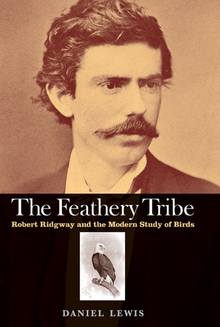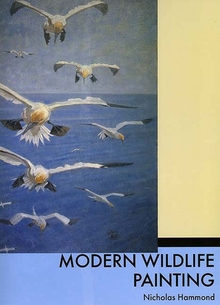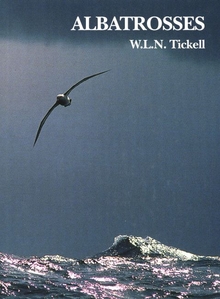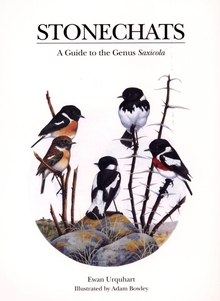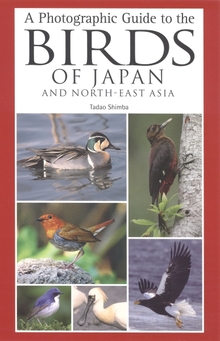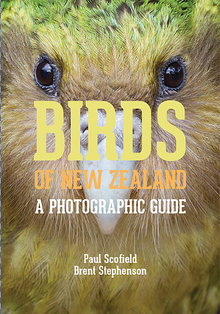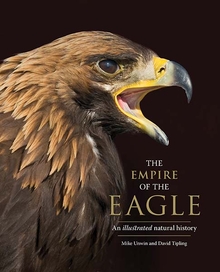The Feathery Tribe
WARNING
You are viewing an older version of the Yalebooks website. Please visit out new website with more updated information and a better user experience: https://www.yalebooks.com
Robert Ridgway and the Modern Study of Birds
Daniel Lewis
Amateurs and professionals studying birds at the end of the nineteenth century were a contentious, passionate group with goals that intersected, collided and occasionally merged in their writings and organizations. Driven by a desire to advance science, as well as by ego, pride, honor, insecurity, religion and other clashing sensibilities, they struggled to absorb the implications of evolution after Darwin. In the process, they dramatically reshaped the study of birds.
Daniel Lewis here explores the professionalization of ornithology through one of its key figures: Robert Ridgway, the Smithsonian Institution’s first curator of birds and one of North America’s most important natural scientists. Exploring a world in which the uses of language, classification and accountability between amateurs and professionals played essential roles, Lewis offers a vivid introduction to Ridgway and shows how his work fundamentally influenced the direction of American and international ornithology. He explores the inner workings of the Smithsonian and the role of collectors working in the field and reveals previously unknown details of the ornithological journal The Auk and the untold story of the color dictionaries for which Ridgway is known.
Daniel Lewis is the Dibner Senior Curator of the History of Science and Technology and the Chief Curator of Manuscripts at The Huntington Library in San Marino, CA. He lives in Pasadena.
"This is a welcome and thoroughly researched contribution to the history of ornithology in North America." —Richard Mearns, British Ornithologist's Union
“The Feathery Tribe introduces an important scientist along with his professional coterie and their struggles to establish ornithology in America . . . Lewis demonstrates the considerable value of scientific biography as historians continue to explore the significance of the field sciences to the history of science.”—Frederick R. Davis, Isis
Publication Date: April 24, 2012
20 b/w illlus.

